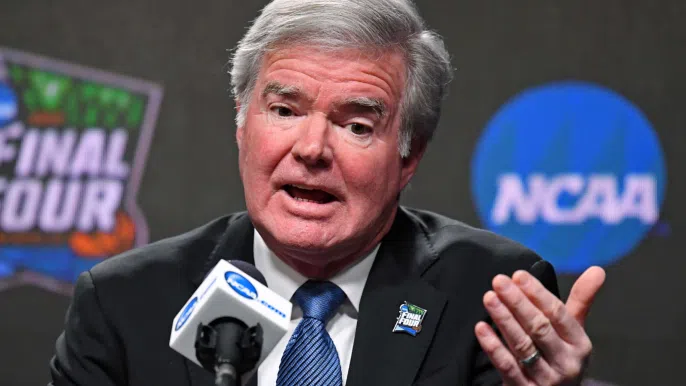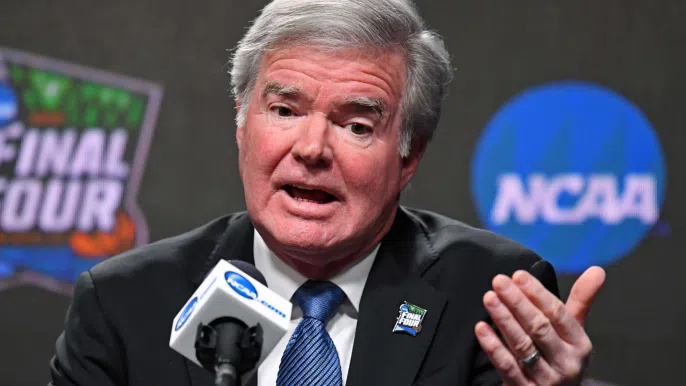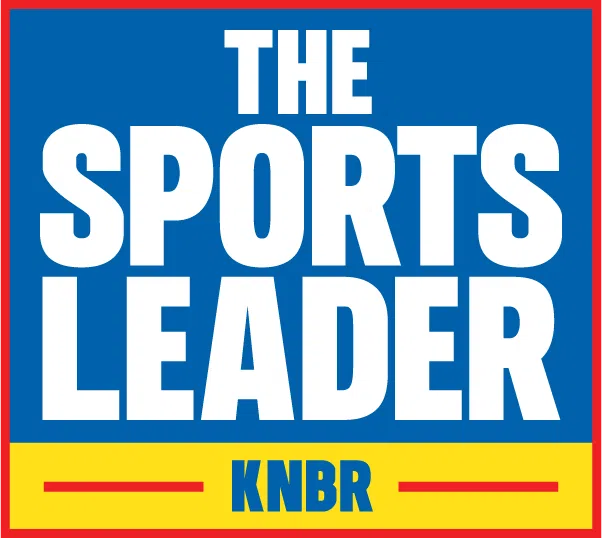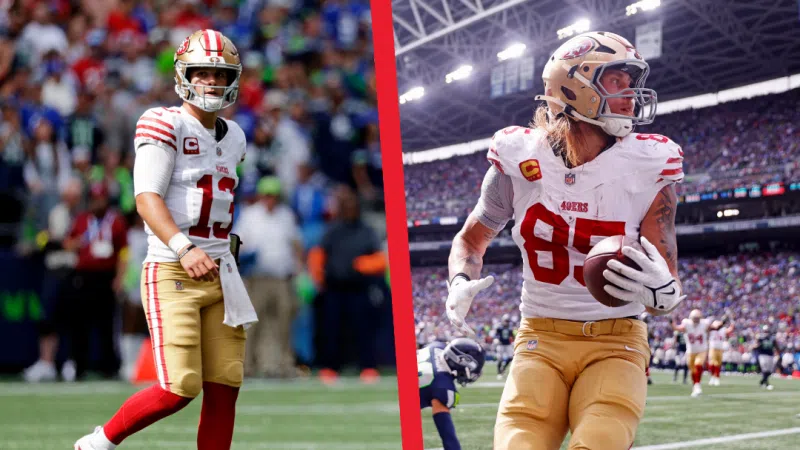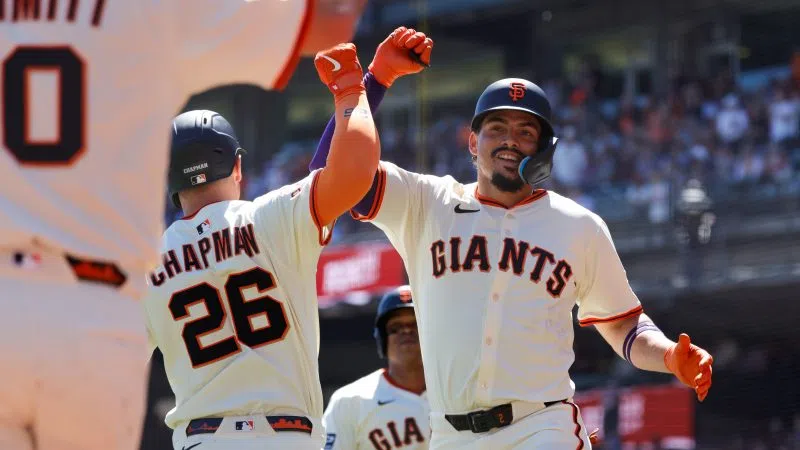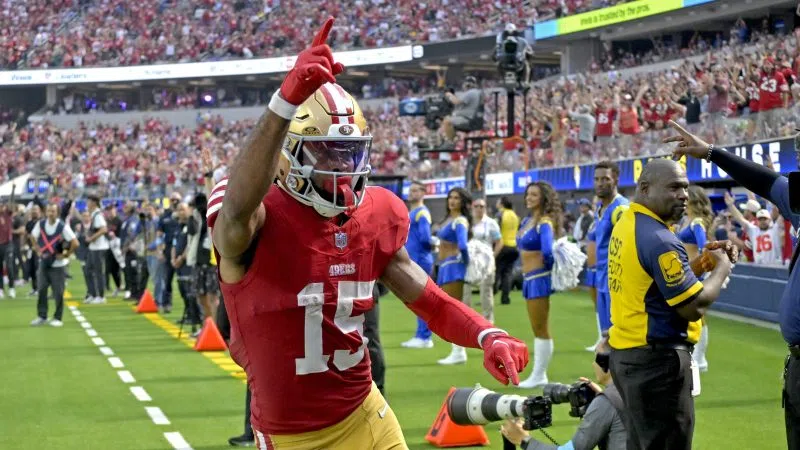© Robert Deutsch via Imagn Content Services, LLC
The NCAA, a notoriously repugnant organization which has thrived off free and arguably illegal labor for decades, is finally getting what’s due. It has lived off an insane argument that spectators prefer to watch unpaid student-athletes, and that paying these athletes would somehow compromise the integrity of their sports.
Anyone who has a pulse understands the absurdity of that argument.
That includes the Supreme Court, which unanimously rejected that argument. As states around the country, including California, have recently passed laws to allow these student-athletes to profit off their likeness and sign endorsement deals, the NCAA has relented.
In its 9-0 decision, SCOTUS indicated it may have given college athletes more, if they had asked for it.
Justice Kavanaugh: "I add this concurring opinion to underscore that the NCAA’s remaining compensation rules also raise serious questions under the antitrust laws." pic.twitter.com/yPZlNj7WIk
— Liz Mullen (@liz_mu11en) June 23, 2021
On Wednesday, the NCAA announced that starting Thursday, college athletes in all 50 states will be able to monetize their names, images and likenesses starting tomorrow.
https://twitter.com/NicoleAuerbach/status/1410334467122663433?s=20
This is a long overdue move from a morally bankrupt organization which has long penalized humans for trying to get payment for their effort, which, in literally any other profession other than college sports or internships, they would be compensated for. As college basketball and football have raked in billions of dollars, coaching salaries of those coaches soared into the millions and multi-million dollar facilities have been built, these athletes have seen nothing.
They sacrifice absurd hours of their lives, essentially competing in sports full time while not getting paid to do so. Maintaining jobs and managing school while competing, at least at the Division I level, is borderline impossible, and many athletes have struggled with hunger and some homelessness due to absurd NCAA regulations against gifts. This is a positive step that the NCAA only made because it had no alternative.
